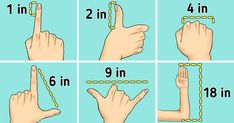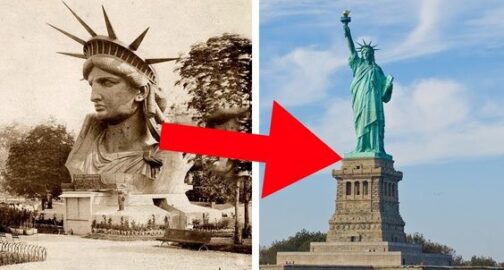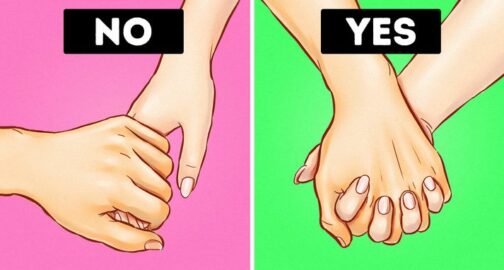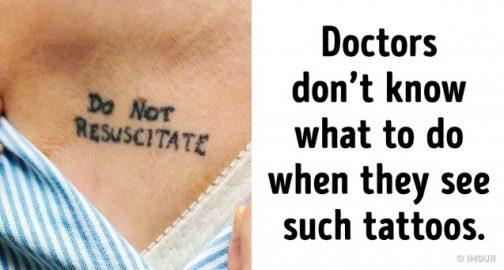
There are some problems in life where the same solution can be both wrong and right. Such cases are called ethical problems because no matter what option you choose, you’ll be judged by society anyway.
Today, Bright Side wants to tell you about several of the trickiest ethical problems that society hasn’t been able to sort out for decades.
1. Tattoos that say, “Do Not Resuscitate”
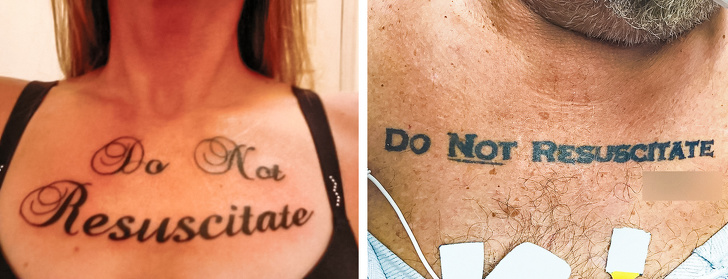
Some people, including doctors, get a tattoo on their body saying, “Do Not Resuscitate” or “Do Not Intubate”. It means that if a person is brought to a hospital, he or she wouldn’t like to be intubated, their chest to be cut, their heart to be restarted or to be electroshocked.
When a doctor sees such a sign, a serious dilemma arises in front of them — they need to find out whether the tattoo is a legal document or just a simple tattoo. In 2012, there was a case of a young man who got such a tattoo because he had lost a bet. Fortunately, documents confirmed that he wanted to live and would in fact like to be resuscitated.
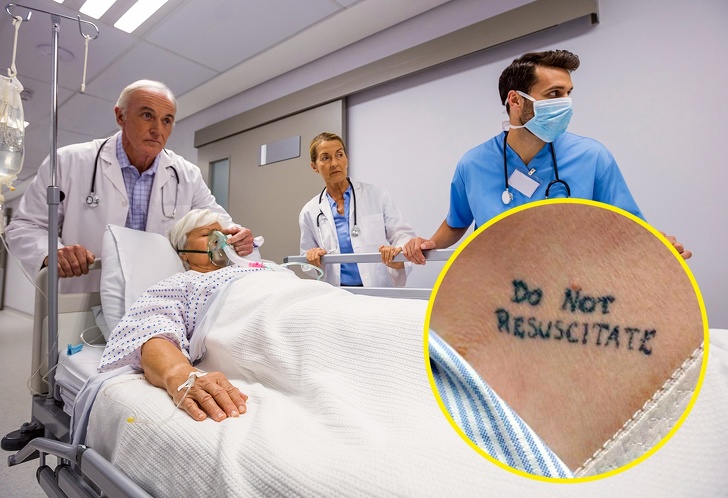
There was another case in 2017 where a 70-year-old man was brought to a hospital unconscious and didn’t have any documents with him. The only thing he had was a tattoo that read, “Do Not Resuscitate”. Before starting to give medical aid, doctors had to call a consultant who found out that the tattoo depicted a real wish of the patient and advised the doctors to honor the patient’s desire.
Issues with tattoos like these are very debatable. A patient’s family can sue a doctor that refused to help a patient on the basis of a tattoo. At the same time, the patient themselves can recover and sue the doctor when they find out that their wish had been violated. Either way, a doctor ends up being in a tough position.
What would you do if you were a doctor and encountered a dilemma like this?
2. Legal professional privilege is sacred even if an innocent person is going to spend his entire life in prison.
In 1982, Andrew Wilson shot a security guard while robbing a café. Soon, witnesses recognized the crime for a reward but claimed it was another person, Alton Logan.
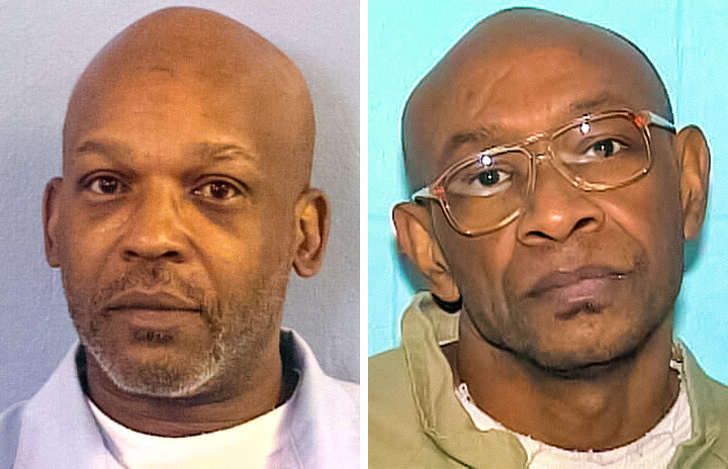
Alton Logan (innocent) is on the left side, Andrew Wilson (the criminal) is on the right side.
Wilson was arrested for a different murder. He confessed the first crime only to his lawyers, knowing that legal professional privilege wouldn’t let them talk about the case to anyone. Those lawyers were there in the court hall when innocent Logan was being sentenced. They could break the rules and reveal the secret only if Logan was sentenced to death to save his life. But it didn’t happen. Alton Logan was sentenced to imprisonment for his entire life.
Wilson died in prison in 2007 and that’s when his lawyers could reveal the secret and release Logan in 2008. By that time Logan had already spent almost half his life in prison.
Would you break the oath if you were Wilson’s lawyer?
3. Drug testing

Before the sales of any medicine starts, it needs to pass clinical tests where one group of people are given the real medicine and the other group is given a placebo.
The laws of many countries forbid testing medicine on pregnant women. It means that doctors won’t give this drug to a pregnant woman if it hasn’t been tested, even if her life depends on it. As a result, we get a choice: to give a non-tested medication to a woman that needs it or to test the medicine first. In both cases, it’s not just 1, but 2 people that can die.
What would you do?
Which of these choices seems the most difficult for you? Why? We would be glad to read your opinions in the comments!
Preview photo credit imgur



